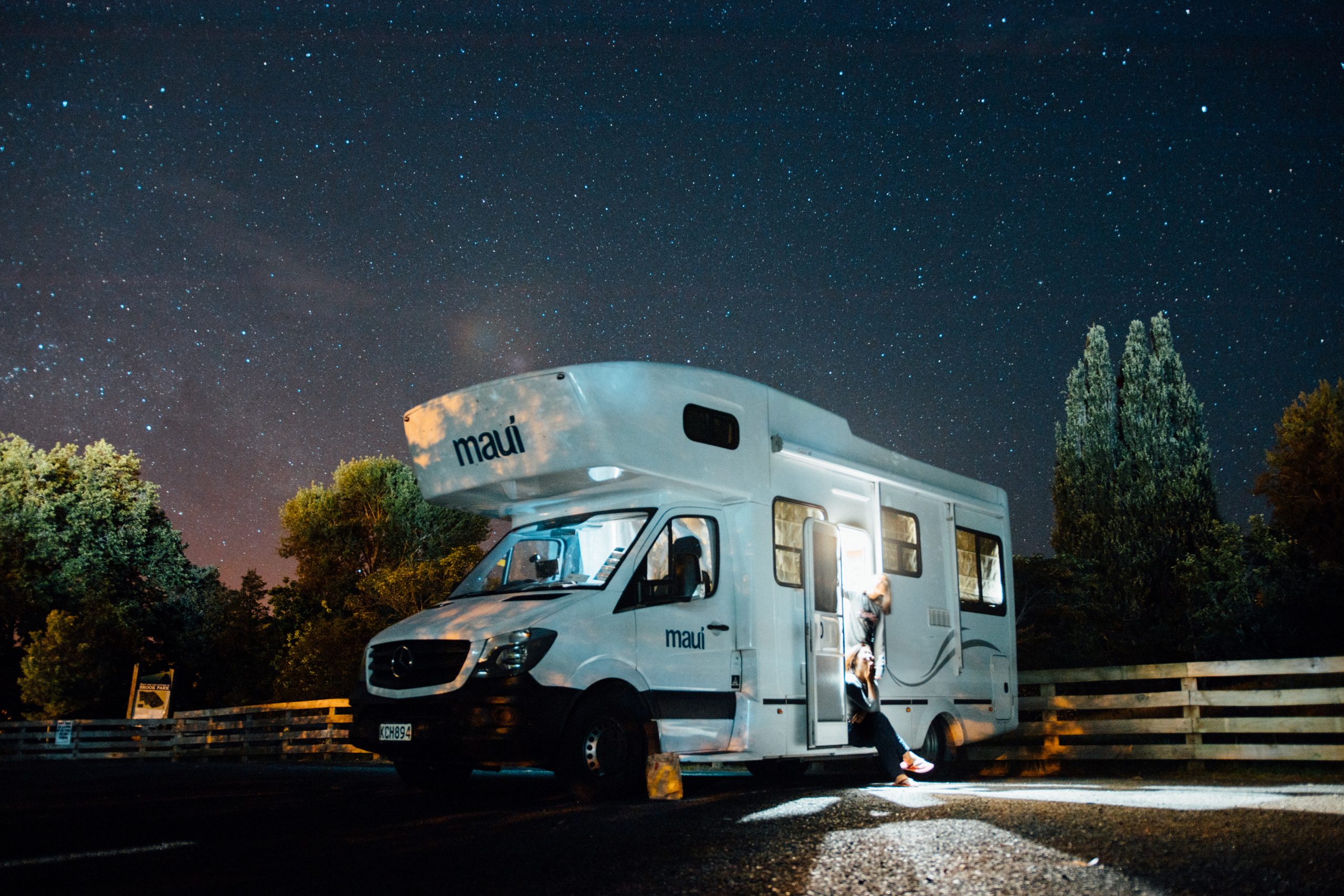Campervans and other recreational vehicles are popular choices for road trips. They provide the minimal convenience of modern amenities while giving owners a raw experience of the great outdoors. The trending hashtag #VanLife is proving to be more than just hype. The New York Times reported that the business is booming, and it will continue to do so for the duration of the pandemic.
If all the Instagram posts of couples embarking on VW Campervan holidays have inspired you to rent a campervan, you need to go prepared. Numerous travelers like Heath and Alyssa Padgett, who have used recreational vehicles for years, attest to both the perks and the challenges that come with this kind of road trip. As first-timers, equipping yourself with the right set of skills and knowledge can help you enjoy the ride better.
Selecting and Driving the Van
Vans can be more difficult to drive than regular cars. Their sheer size, weight, and turning radius pose challenges for inexperienced drivers, hence the license requirements you’ll need to get them on the road legally. In the UK, factors like the van’s maximum authorized mass (MAM) and your age impact eligibility. A C1 license is needed when driving vans with a MAM not exceeding 7.5 tonnes. Anything heavier than that necessitates a category C license.
Knowing what you’re eligible for will spare you from making the wrong decisions when renting a VW CamperVan for the holidays. Take note of automatic versus manual transmission, too, before finalizing your purchase. First-timers are safer with an automatic for their first cruise.
Packing the Right Things
Putting together a list of what you need is crucial in maximizing your campervan’s space. You can narrow this down by factoring in your route, the duration of your road trip, and your final destination. Regardless of where you’re going, however, the basics remain the same. You’ll need sufficient food and beverage, kitchen fuel, toiletries, connection cables, cash tolls, and clean linens, among others.
Your total budget should also take into account expenses like campground costs and entertainment. Keeping cash with you at all times is highly recommended, as there might be places that don’t accept debit or credit cards.
Knowing Where to Park
Like other vehicles, campervans must park in designated places. It’s important to plan your route where campgrounds are available. For the best chance to stay overnight, you can call ahead of time to make reservations. In case you don’t reach the campground in time and there are no similar accommodations nearby, national forests are your next best choice. Camping there is free because they are federal property. Some commercial properties and amusement parks also have space for recreational vehicles, so it’s worth looking into those.
Research local regulations for campervans before your trip to avoid getting into legal trouble. When staying in national parks, for example, open fires are hazards that are strictly prohibited. You are also not allowed to park overnight near coastlines, commercial parking lots, and major highways.
Campervans give people an easier means to travel far and wide. However, it takes time, experience, and research to get the most out of this style of travel. Covering the basics ensures that first-timers will incur fewer mishaps and enjoy their holidays better.








